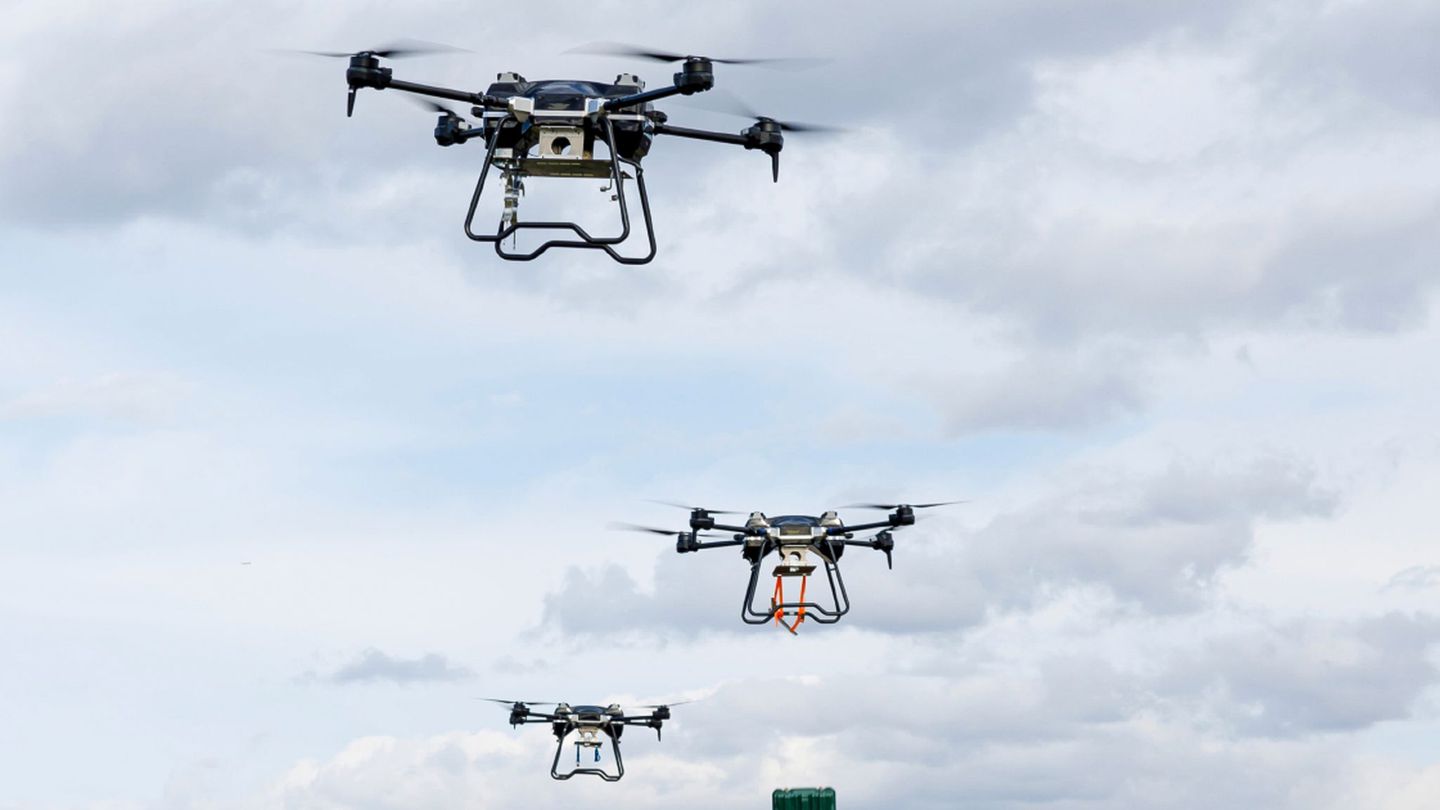A total of 15 companies submitted proposals to the National Telecommunications Agency (Anatel), including three large companies that already operate telephone and Internet services in the country: Tim (Brazilian subsidiary of Telecom Italia), Vivo (Brazil) and Claro (Mexico). ).
“The tender is expected to reach 50,000 million reais (9,000 million dollars). It is the country’s largest telecommunications tender and one of the largest in 5G internationally. The potential is gigantic.”said Christian Perrone, coordinator of the area of Law and Technology at the Institute of Technology and Society of Rio de Janeiro (ITS).
Of that amount, the government plans to collect some 10 billion reais for the use of frequencies and the rest would correspond to investments in new infrastructure, including equipment and transmission towers.
Experts estimate that 5G requires four to ten times more antennas than 4G. Meanwhile, the operating licenses are for a period of 20 years.
The winning companies must provide 5G to the Federal District and the 26 state capitals before July 31, 2022.
For the rest of the cities, with populations of more than 30,000 inhabitants, the arrival of 5G is expected between 2025 and 2028.
“The consumer will not perceive the difference, beyond an improvement in the speed of their device when watching movies and videos. But from the industrial point of view, a new reality is revealed for factories, the productive sector, agribusiness”, points out Marcos Ferrari, president-executive of Conexis Brasil Digital, an association that represents five of the companies that will compete for the strips.
Connected agricultural tractors, drones to monitor plantations, autonomous vehicles in cities and remote surgeries: 5G will allow connecting devices to each other and to the cloud, with immediate response times.
This is why it is often presented as the technology of the “internet of things”, a world in which connected devices can potentially “dialogue” with each other without human intervention.
While aiming to make this leap into the future, Brazil will seek to make up for the lag in less developed areas, where there are still 40 million people offline.
The auction includes the commitment of the winning companies to bring internet to locations without internet, to expand coverage on highways, in public schools and in the Amazon region.
The date of the bid was postponed for several months, amid the geopolitical dispute between China and the United States, which led Brazil to place the requirement of a parallel network to keep Huawei out of its most sensitive data.
A world leader in equipment for 5G mobile internet networks, Huawei is prohibited from entering the US market because Washington accuses it of espionage and encourages its Western allies to do the same.
The government of Jair Bolsonaro then designed a call for its teams to be used in the general network, but not in the one that serves government bodies, such as ministries, Congress, the Armed Forces or Justice.
Despite being one of the first countries in Latin America to put out to tender its network, it is “two or three” years behind the pioneer countries in the world, says Perrone.
This will prevent you from going from a mere consumer to a creator of new technologies.
“When the 6G network advances internationally, we will still be in the process of installing the 5G network in Brazil”, aim.
Source From: Ambito
David William is a talented author who has made a name for himself in the world of writing. He is a professional author who writes on a wide range of topics, from general interest to opinion news. David is currently working as a writer at 24 hours worlds where he brings his unique perspective and in-depth research to his articles, making them both informative and engaging.




